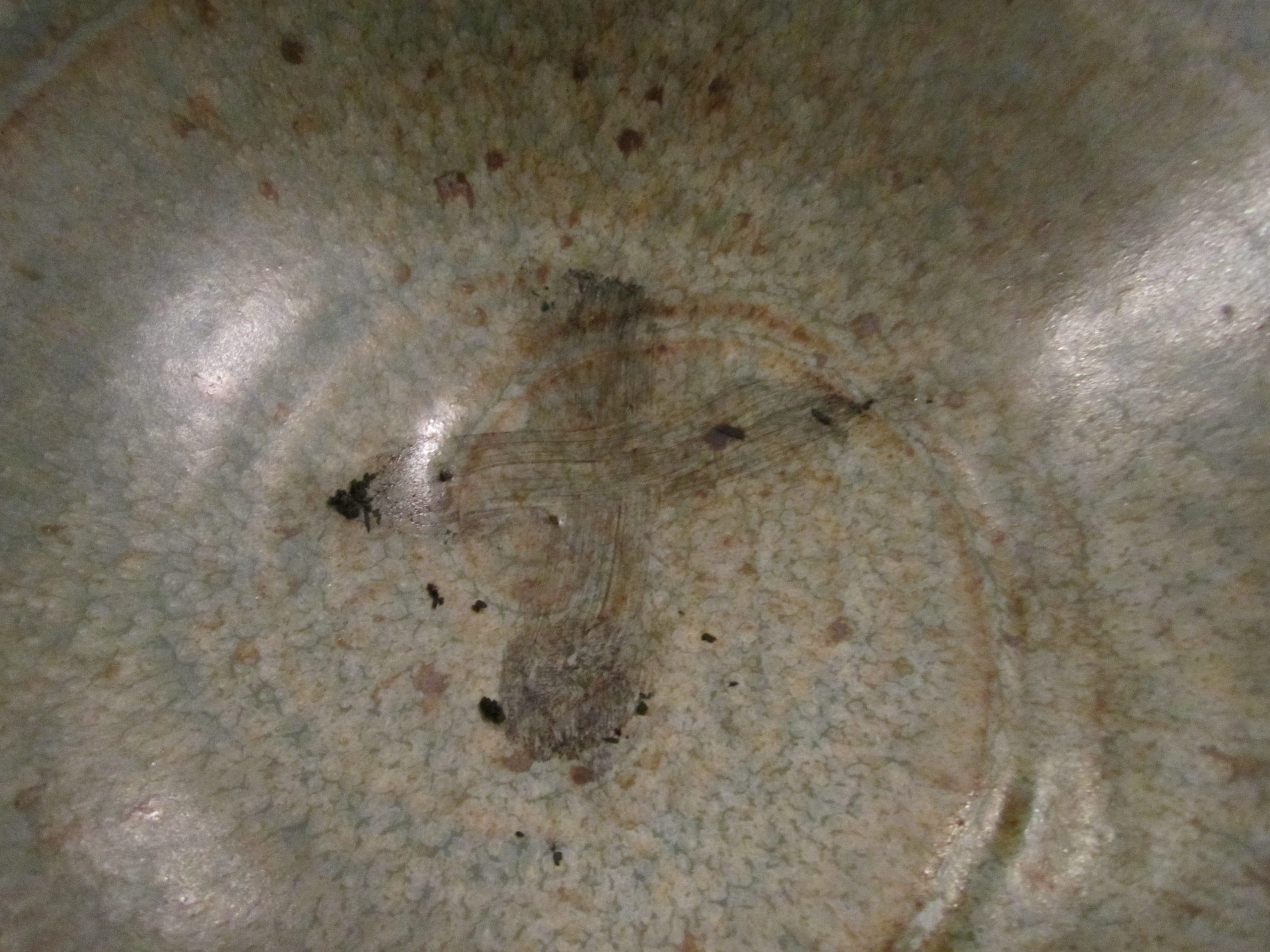“By the sweat of your face you shall eat eat bread until you return to the ground, for out of it you were taken; you are dust, and to dust you shall return.” – Genesis 3:19 (NRSV)
The first time I saw a person with ashes smudged on her forehead, I wasn’t sure what to make of it. I was in high school, and all I can remember thinking was how sorry I felt for anyone who had to have a big, obvious black mark right in the middle of her forehead. Such an obvious symbol would make anyone stand out from everyone else, which was something I absolutely avoided as a teen. For most of the day, I watched with curiosity as the few students with the visible cross of ashes walked through the hallways, to their lockers, and to their classes. Near the end of the day when I finally got up the courage to ask a teacher why a few students had ashes on their heads, he responded, “It’s for Ash Wednesday. It’s something Catholics do.” From that time forward, I identified Ash Wednesday as a holiday practiced only by Catholics. I felt relieved to be Protestant.
I never would have imagined that 15 years later I would be burning palms in preparation for leading an Ash Wednesday service.
My first experience attending an Ash Wednesday service was at seminary. I was hesitant to go. After all, who really wants to spend forty minutes thinking about their own mortality and then have someone put ash on their heads? I hesitated to go because somewhere inside of me, I knew that I needed to be there. I was afraid to face my mortality because I knew I might find a part of myself there.
But I went, and it changed me.
 For some reason, when I allowed myself to come face to face with the grit of human existence I could see the beauty of what God has done – and is doing -through me in a new way. I had to experience Ash Wednesday before I could understand why it was important, and since that time I’ve tried to share with those who have never experienced it a few reasons why I hope they will step out of their liturgical comfort zones and see what God might do.
For some reason, when I allowed myself to come face to face with the grit of human existence I could see the beauty of what God has done – and is doing -through me in a new way. I had to experience Ash Wednesday before I could understand why it was important, and since that time I’ve tried to share with those who have never experienced it a few reasons why I hope they will step out of their liturgical comfort zones and see what God might do.
Why I hope all Christians will experience at least one Ash Wednesday service in their lifetime:
1. We live in a death-avoidant culture. In many countries, death is a normal part of the fabric of life. Sickness and death take place at home, and the community comes together and grieves in culturally unique ways. In the United States (and many other “developed” countries), death very rarely takes place at home. Illnesses are taken care of in hospitals and clinics, and death and dying have become institutionalized. In some ways, our distance from death and dying can make us like perpetual teenagers, always feeling invincible and invulnerable. When ashes are placed on your head, and the pastor or priest says, “You are dust, and to dust you shall return,” there is no way to avoid what that means. Though it may seem strange, I believe it is an invaluable exercise to sit with the reality of one’s own mortality and not have any escape. The first time you do it, you might feel very uncomfortable. Don’t turn away. Something amazing just may come from that place of restlessness.
2. We live scattered and frantic lives. Many of us pride ourselves in doing a little of everything, or in juggling multiple things at once. Even though a lot of us think we are successful multi-taskers, most of us are barely keeping it all together. Ash Wednesday and the season of Lent force us to slow down, take deliberate steps, and do things in order. The exercise in restraint and focus helps put part of our scattered selves back together.
3. It connects us to each other. For all the social media in our world, many of us live lonely and disconnected lives. We commute to work, many times in the opposite direction of our neighbors. We drive a distance to find a church that suits our preferences. Neighborhoods are often filled with people who hardly interact with one another. Some may not even know their neighbors’ names. When we hear the story of creation from Genesis and find ourselves in it, when we see how God formed humanity from the dust and breathed life into Adam’s nostrils, we trace our lives back to their beginning. We are connected in that moment to every other worshiper sitting around us. Even someone we might not like. All of us were created by the same God. All of us are fragile and mortal. We need each other and we need our God.
4. We lose out on the joy of Easter if we never come to grips with the reality of our sin. We are sinners. Every one of us. And throughout the pages of Scripture we read that sin is deserving of death. Sinners cannot stand in the presence of a holy God. We know this. We give lip-service to it, but have we really thought about it? The joy of Easter isn’t as full apart from the mourning of Good Friday. On Ash Wednesday, we look right into the eyes of the pastor or priest and we hear: “Remember that you are dust, and to dust you shall return, but the steadfast love of the Lord endures forever.” We are frail, mortal, unworthy and sinful. We sit with that, but we do not despair because the steadfast love of our God endures forever.
Ash Wednesday isn’t just for Catholics. It isn’t only for “high church” Christians. It is for all of us. Reach your hands into the dust and grit of Ash Wednesday, and take deliberate steps over the next 40 days of the Lenten journey. The journey is well worth it.

